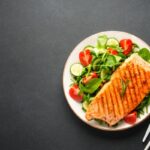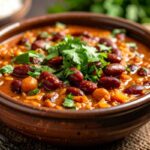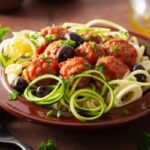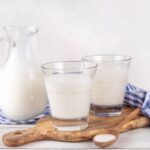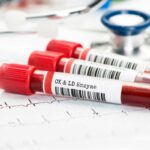Common pond fish food ( Natural & Supplemental Foods). Are omnivores, meaning they will eat a wide variety of food, even unusual ones. Koi and goldfish, for example, will eat peas, citrus fruits and squash. They also love shrimp and plankton. The water temperature can have an impact on the diet of fish. Fish metabolism is higher in warmer water (above 60 degrees Fahrenheit) and will require protein-rich food. A diet with lower levels of protein and more carbohydrates is possible, as they will not require as much energy.
We will be discussing the basic diets of the three most common Pond Fish Food species, goldfish, koi and sturgeon. Additionally, we will recommend healthy food options that you can feed your fish, in addition to the usual pelleted food.
What will Pond Fish Food eat Naturally?
The familiar pond fish species can still eat a variety of foods in a natural environment. They are also adept at finding food sources. Particularly goldfish are known for being opportunistic and will eat insects, water sprite, duckweed, crustaceans and aquatic macroinvertebrates such as caddisfly and mayfly and mosquito larvae, as well as tadpoles.
Smaller fish, such as frogs, may be eaten by larger goldfish. The wild koi, also known as the common carp or the domesticated Koi carp’s ancestor, will readily eat small fish, aquatic insects, flies and algae. They can also eat smaller fish like water lily, water lettuce, snails and frogs. They also use their maxillary barbels to search for decaying or live plants or animal matter on the floor of the water bodies. Wild sturgeons can reach over 100 pounds and 500 pounds respectively. It takes a lot of food to sustain such large sizes. They are bottom dwellers, similar to koi and depend on their sensitive facial barbels for everything, from clams and barnacles, to snails, fish eggs and larvae to shrimp, dead fish, and even large fish like salmon and flounder.
Your Pond Fish Food can be fed many other foods to increase their nutrition. Nearly all fish require 10 essential amino acids. These can be obtained from protein sources such as brine shrimps, bloodworms and silkworms. Koi and goldfish can digest both plant-based and animal-based protein. However, shrimp, bloodworms, and other such foods should only be consumed in small amounts and considered “treats”. Sturgeon need around 40% protein from their diet (obtained mostly through animal sources, unlike the koi or goldfish) and between 30% and 35% and 44% for the koi and goldfish, respectively. For younger fish, they require more protein as they grow. Therefore, we recommend an additional 5% of protein.

